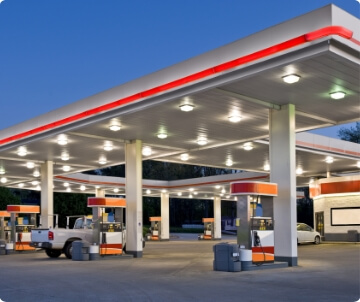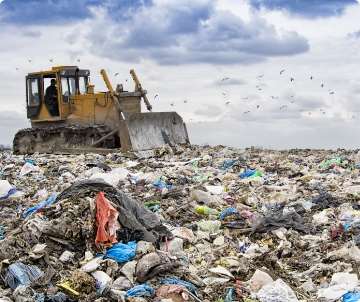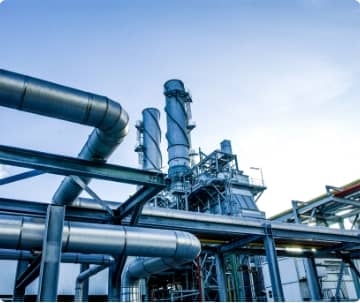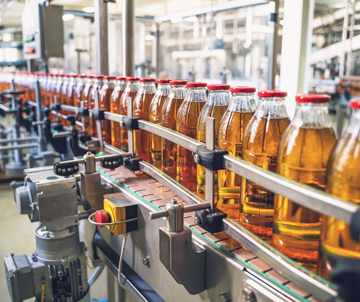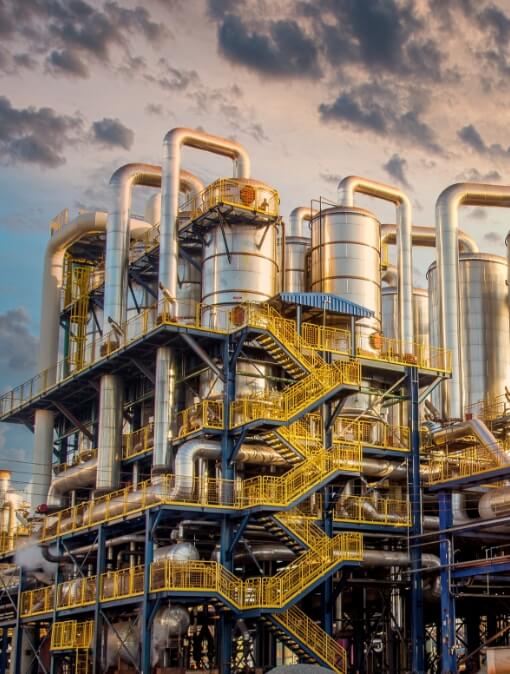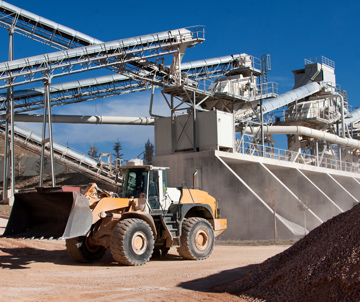Farm & Agricultural Fuels
Aero Energy is PA, MD, and DE’s preferred fuel delivery company. Whether you have a farm, orchard, construction, excavation, or transportation company, Aero Energy has the fuel and manpower you need to keep your fleet moving.
Our mobile on-site fueling customers can access real-time data, track their deliveries and review their delivery history in real time. In addition, they can export their account activity directly into their accounting software.
Extend the life of heavy equipment, increase operational dependability and experience less maintenance when you choose Aero Energy. Interested in a free quote? Call or text Tim Damien at 717-360-6744, or send him an email at tdamien@aeroenergy.com for PA & DE inquiries. Call or text David Frazier at 301-606-8052, or send him an email at dfrazier@aeroenergy.com for MD inquiries.
Why customers prefer Aero Energy:
- Labor cost savings
- Fraud prevention
- Electronic access to fueling transactions with detailed reporting & tracking
- Real-time tank monitoring
Industries We Serve

About Diesel
Since 2006, the move to ultra-low sulfur diesel has substantially lowered the harmful emissions from diesel fuels. However, the processing required to reduce the sulfur content also removes naturally-occurring lubricity found in higher sulfur diesel. When lubricity is not at an adequate level, internal engine components, including fuel pumps and injectors, are susceptible to to excessive wear and damage. The results of such wear are inefficient performance, reduced service life and high maintenance and repair cost with today’s standard diesel.
Aero Energy’s Premium ULSD
Compared to standard diesel fuels, Aero Energy’s premium Ultra-Low Sulfur (ULSD) dyed farm diesel is not only cleaner for our environment, its formulated to keep your equipment running at peak performance.
Benefits of Aero Energy’s premium dyed farm diesel:
- Improved fuel economy between 8-14%
- Cleaner burning
- Better protection against oxidation, rust and corrosion
- Helps prevent the formation of insolubles and sludge
- Enhanced fuel lubricity
- Fuel stability
- Longer filter life
- Help inhibit accumulation of water and moisture
- Anti-gel defense during colder periods
- Helps to avert premature wear and deterioration of pumps and injectors
- Lower maintenance costs of your equipment

Clear On Road vs. B2 Bio Diesel vs. Dyed Off Road Diesel
Diesel fuel, whether clear or dyed, is distilled and refined the same. The difference is that on road diesel applies to vehicles that travel on public roads and dyed diesel is meant for off road applications such as construction or heavy agricultural machinery and powering generators. On road clear diesel carries mandated federal excise and state franchise taxes whereas dyed off road diesel is exempt from these taxes, but is subject to state sales tax unless specific exemptions apply.
Pennsylvania currently requires 2% bio content all on-road diesel sold in the state. Maryland and Delaware currently do not require the addition of a bio additive. At Aero Energy, we use 100% soy base as our 2% bio mix. Our biodiesel has higher lubricity which helps reduce engine wear and produces less carbon output, less soot and less sulfur dioxide, making it better for our environment. Not only does our biofuel burn cleaner, it also improves fuel economy when compared to standard petroleum diesel. Aero Energy’s bio is 100% domestically produced and our biodiesel does not require any modifications to diesel engines.
There are some myths are that biodiesel clogs fuel filters in colder weather. Aero Energy uses state of the art technology blend of anti-gel and cold flow treatments to ensure fuel consistency and reliability throughout every season.
Heating Oil vs. Diesel
Though distilled nearly the same and both with 15ppm sulfur content or less, heating oil and diesel are not the same delivered product. Heating oil is made primarily for use in boilers and furnaces and does not contain the necessary cetane levels or lubricity agents required in diesel engines. Therefore, heating oil should never be used in a diesel applications. Diesel, with its higher cetane level, burns faster and hotter than heating oil. Though this may sound appealing, prolonged use of the hotter burning diesel in heating applications may cause damage to those heating systems in the long run. Diesel fuel may be used as a temporary substitute for heating oil, but it is not recommended to use as a replacement for heating oil.
90 Octane Non-Ethanol Gasoline –
Aero Energy offers non-ethanol gasoline deliveries in York and Adams counties. We have listed some of the key benefits associated with non-ethanol galonline and 10% ethanol gasoline below for your consideration. Please contact if you have any specific questions.
Benefits of Non-Ethanol Gasoline
- Better for older model carbureted engines and equipment that have rubber gaskets / seals / lines
- Produces more energy than its counterpart
- Up to 3% better mileage
- Stores untreated up to six months
Benefits of 10% Ethanol Gasoline
- Made for today’s fuel injected engines
- Ethanol increases octane and produces better combustion and higher performance
- Burns cleaner which is better for our environment
- Ethanol is produced domestically by American farmers
- Less dependence on foreign oil
Diesel Fuel Storage
Aero Energy recommends that your diesel fuel tanks be filled between 80% to 90% capacity with fully treated winterized diesel for cold weather storage to help prevent bacterial growth and diesel gelling.
Cloudy Diesel | Slime & Sludge
Despite the benefits of the worlds evolving fuel chemistry, the introduction of water-absorbing renewable fuels to gasoline and diesel greatly reduces fuel stability during winter months and other periods of prolonged storage. Water is the primary enemy when it comes to maintaining fuel quality, promoting microbial growth and deterioration of fuel quality. It essentially boils down to a simple concept: Less surface area exposed within the tank and the smaller the volume of air, the less potential for condensation to form.
Partially filled or empty diesel storage tanks are susceptible to accumulating moisture. Unlike gasoline, diesel has no vapor pressure to displace air. When the temperature between the air and fuel inside the tank begin to vary, water vapor in the air within the tank causes condensation to form on the inner walls which then absorbs into the fuel.
There are two main classes of chemical reactions inside of diesel storage tanks that initiate the degradation of fuel quality. ‘Oxidation’ begins to occur within the air space of the fuel tank. Diesel fuel can begin to degrade in as little as three months due to oxidation. The second reaction is ‘Hydrolysis’, when fuel is exposed to or starts accumulating water. Water in diesel will cause the fuel to appear cloudy. The combination of oxygen and water inside of diesel storage tanks create the ideal atmosphere for microbes (bacteria, mold and fungi) to grow, forming slimy mats and globules. Once microbes begin to amass they will continue to multiply into problematic issues for both your diesel fuel and your tank. Microbes excrete acidic waste inside the tank which leads to corrosion, rust and filter plugging. If your tank does become contaminated with microbes, the next step for minimal contamination should be treatment with a quality biocide, changing the fuel filter, and followed immediately with a fill of premium diesel. If the microbial contamination is left untreated and has become too severe, it will require pump out and disposal of the existing fuel, complete cleaning of the inside of the tank, biocide treatment and filling the tank with new fuel. The best way to combat microbes is through prevention. Without water, microbes cannot form.
Experts in today’s fuel industry recommend:
- Fuel storage tanks should be kept at 80 – 90 percent of its capacity (or the safe fill level) to minimize the potential for condensation;
- Keep fuel storage tanks shaded and protected from the elements whenever possible;
- Wrap exposed tanks in insulation;
- Change filters regularly to allow for good flow;
- Regularly test for water.
Diesel Gelling | Cold Weather Issues
There’s a naturally occurring substance called paraffin wax in diesel. Paraffin is a soft, colorless solid consisting of a mixture of combustible hydrocarbon molecules, which under normal conditions, remains in a harmless liquid form and helps give diesel its lubricity and combustion power. However, during colder months when the temperature of stored No.2 (non-winterized) diesel fuel drops below the cloud point, the paraffin wax will solidify (gel) giving diesel fuel a cloudy appearance, causing clogged filters and blockage within fuel lines and injection systems.
Winterized Diesel Fuel Blend
Beginning in mid-Autumn or when temperatures are projected to reach freezing or below, Aero Energy switches to a winter blend diesel, a scientifically calculated mixture of No. 2 and No. 1 diesel (otherwise known as kerosene), with specialized cold-weather additives to ensure premium fuel quality and consistency.
Why not use winter diesel all year long?
Adding No. 1 Fuel (kerosene) to No. 2 Diesel fuel helps prevent it from gelling, but it also dilutes the diesel fuel, reducing the BTU’s of energy. Winter diesel results in less power and consumes more fuel to make the same power compared to summer diesel. So to combat this, Aero Energy uses special winterized additives in order to give you consistent performance between seasons. Since kerosene is thinner and more expensive than No. 2 diesel, and with the additional cost of winterized additives taken into the equation, winter diesel is only supplied seasonally.
Winterizing Your Diesel Storage Tank
For diesel storage tanks with lower or infrequent use which may contain non-winterized or untreated diesel fuel, we recommend users to self-treat their stored diesel with a maintenance level of diesel anti-gel treatment which can be purchased online or at most automotive or agricultural retail stores prior to the arrival of cold temperatures, then topping off tanks between 80 – 90% capacity with winterized diesel fuel.
For state-of-the-art industry technology and the safest, best-in-class delivery to Pennsylvania, Maryland and Southwest Delaware, call Aero Energy’s commercial fuel department today. To learn more about Aero Energy’s farm diesel, for fuel pricing or to place an order for a fuel delivery give us a call!


